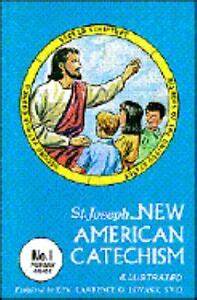A Quote by John Lanchester
I rather envy writers who do variations on a theme. I like reading those books, but in practice, I can't do it.
Related Quotes
So this is supposed to be about the how, and when, and why, and what of reading -- about the way that, when reading is going well, one book leads to another and to another, a paper trail of theme and meaning; and how, when it's going badly, when books don't stick or take, when your mood and the mood of the book are fighting like cats, you'd rather do anything but attempt the next paragraph, or reread the last one for the tenth time.
It's a critical fallacy of our times ... that a writer should 'grow,' 'change,' or 'develop.' This fallacy causes us to expect from children or radishes: 'grow,' or there's something wrong with you. But writers are not radishes. If you look at what most writers actually do, it resembles a theme with variations more than it does the popular notion of growth.
The reason some crime writers have a chip on their shoulder about the label is because their good books are shelved beside books about nuns and birdwatchers and cats who solve crimes. Overseas, my books are reviewed alongside those of authors like Robert Stone and Don DeLillo, and I have to live and die by that comparison. They don't ghettoize crime writers in other countries, and of course they shouldn't.
..few writers like other writers' works. The only time they like them is when they are dead or if they have been for a long time. Writers only like to sniff their own turds. I am one of those. I don't even like to talk to writers, look at them or worse, listen to them. And the worst is to drink with them, they slobber all over themselves, really look piteous, look like they are searching for the wing of the mother. I'd rather think about death than about other writers. Far more pleasant.
Love rejoices in good wherever it finds it; envy is pained by good, and the sight of the happiness of others hurts the eyes and the heart of the envious man. Love wishes to give; envy would rather receive. Love creates; envy destroys. Love builds up; envy pulls down. Love helps those in need, comforts the afflicted, and strives to turn all that is evil into good; envy would turn the little happiness to be found in this world into evil, sorrow, and pain.
By believing that only some of our students will ever develop a love of books and reading, we ignore those who do not fall into books and reading on their own. We renege on our responsibility to teach students how to become self-actualized readers. We are selling our students short by believing that reading is a talent and that lifelong reading behaviors cannot be taught.




































